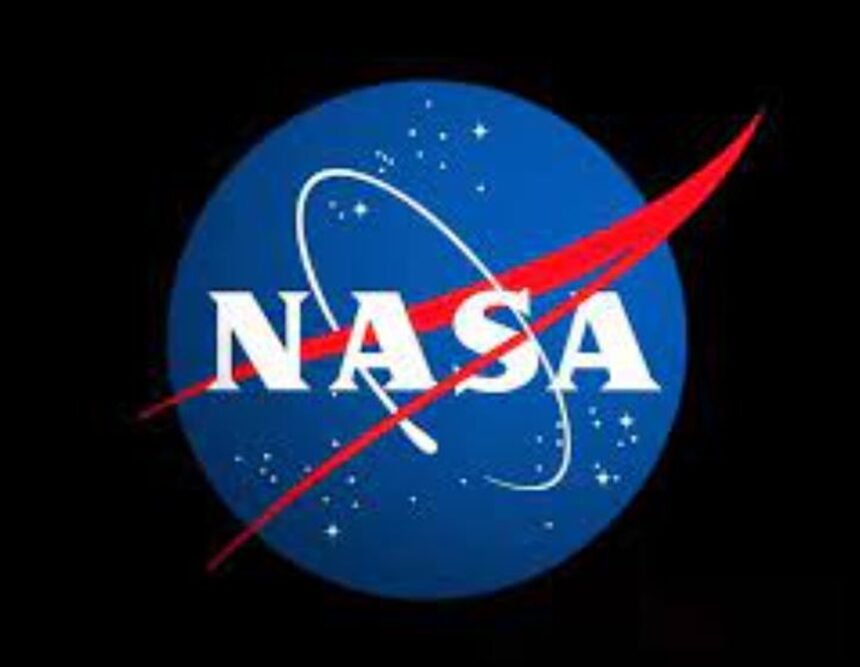The U.S. space agency NASA has blocked Chinese citizens holding valid U.S. visas from its facilities—a move that effectively prevents them from working at one of the most respected space research centers, BBC reported.
Chinese nationals, who were only able to work at NASA as contractors or as students contributing to research, were informed on September 5 that they had lost all access to NASA systems and facilities, Bloomberg News reported, citing sources.
NASA later confirmed the action, stating that Chinese citizens would be restricted from using the agency’s “facilities, materials, and networks” to ensure the security of its operations.
China’s accelerated space program has alarmed the United States and intensified the competition between the two largest economies. Chinese astronauts are already excluded from the International Space Station (ISS) because Washington has prohibited NASA from sharing its data with China.
This latest restriction by NASA further reduces scientific collaboration between the two countries due to national security concerns.
As Beijing and Washington compete to gain a technological edge, both sides have become increasingly cautious of one another.
The restrictions have also made it more difficult for some Chinese students—especially those studying science and technology—to obtain visas or even enter the U.S., even after securing one.
Recently, there have been a number of suspected espionage cases involving Chinese nationals in the U.S., and scientists, in particular, have come under scrutiny.
It is unclear how much notice NASA gave to Chinese nationals working with the agency. Bloomberg News reported that they suddenly discovered their access to agency data systems had been revoked and they were barred from participating in work-related meetings, both in person and virtually.
NASA spokesperson Bethany Stevens told the media that the agency had indeed taken “internal actions involving Chinese nationals—including restrictions on physical access and cybersecurity measures at our facilities.”
China has not kept its space ambitions secret, with Beijing and Washington competing to send crews to the Moon.
“We are now in a second space race,” Acting NASA Administrator Sean Duffy told reporters at a press conference on Wednesday regarding U.S. discoveries on Mars.
“The Chinese want to return to the Moon before us. That will not happen.”
Last year, the director of the General Bureau of Technology of China’s Manned Space Agency called U.S. concerns “unnecessary,” describing China’s space exploration as a “collective mission for humanity.”
At a U.S. Senate hearing last week, lawmakers emphasized the need for the United States to reach the Moon before China.
“China has not kept its objectives secret,” Republican Senator Ted Cruz said. “[If] our adversaries achieve dominant space capabilities, it would pose a major risk to America… the stakes could not be higher.”
The race is not just about reaching the Moon. It is also about who can control its resources once there.
The Moon contains minerals, including rare metals, iron, and titanium, as well as helium, which is used in everything from superconductors to medical equipment.







